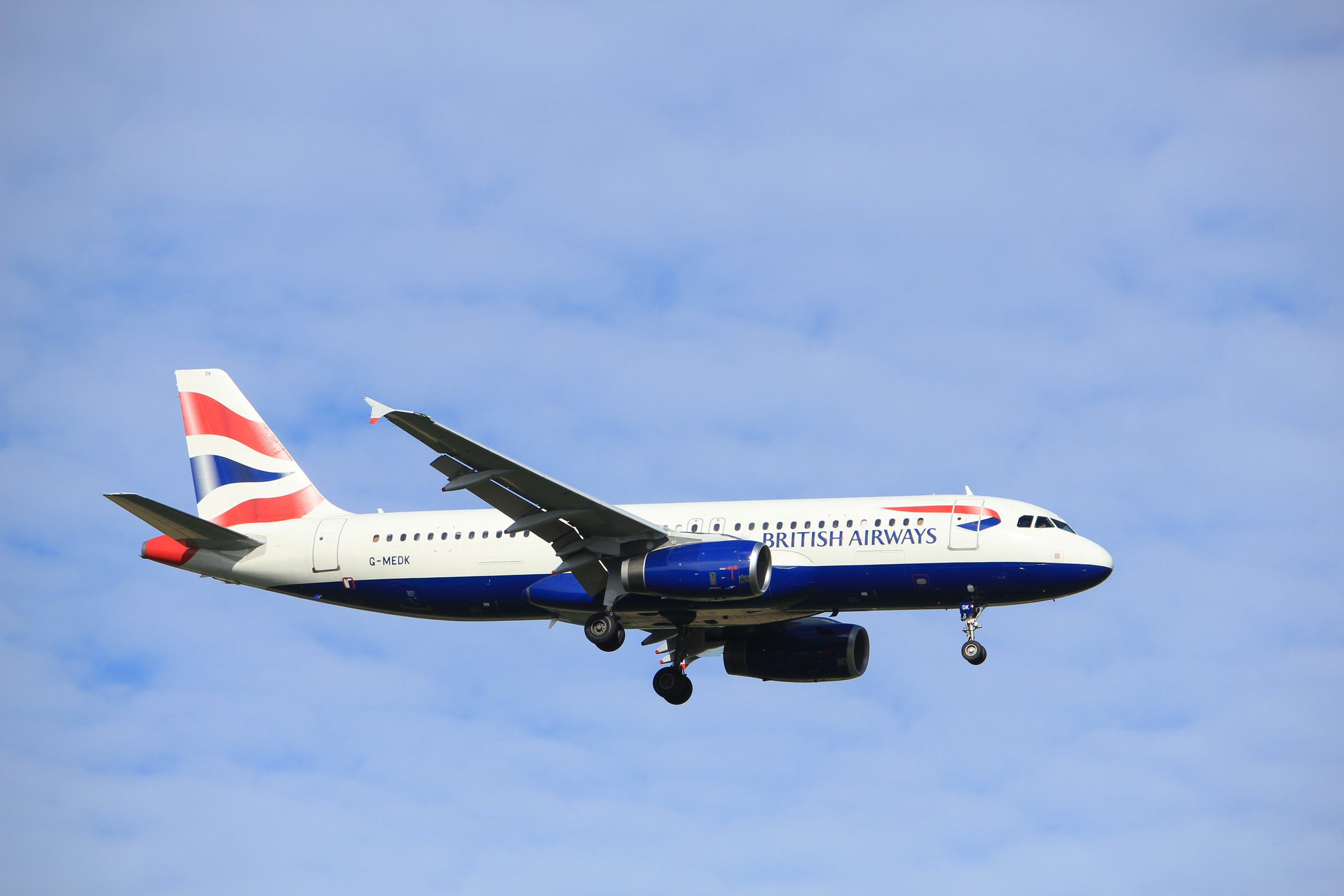British Airways CEO Credits AI for Fewer Delays

In a boost of good news for frequent flyers fed up with unpredictable flying schedules, the CEO of British Airways has unhesitantly attributed a massive drop in flight delays to the airline's embracing of advanced Artificial Intelligence (AI) technology. This approval is a milestone, showing how AI is leaving a tangible footprint on ending one of the largest issues affecting the airline industry: operational disruptions.
British Airways Boosts Punctuality Through AI and Staffing Investments
British Airways has seen a major turnaround in on-time performance, with 86% of flights departing as scheduled in first quarter 2025—a record for the airline. This improvement makes British Airways one of the top-performing carriers at London Heathrow, despite some delays still exceeding pre-pandemic levels.
To achieve this, the airline invested over £100 million in AI systems and operational upgrades. It also added more than 600 new staff at Heathrow, enhancing its ability to manage disruptions and deliver more reliable service.
How AI Is Transforming Airline Operations
British Airways has incorporated AI in several crucial aspects of its operations:
- Disruption Management Tool: This AI system assesses multiple variables to determine the best course of action when a flight is affected—whether it should be delayed, rerouted, or cancelled. The tool aims to minimize the number of impacted passengers.
- Weather Prediction and Rerouting Software: AI helps identify potential weather disruptions and reroutes aircraft in advance to reduce delays.
- Passenger Connection Analyzer: Another AI-driven tool matches flight arrivals with passengers’ onward travel needs, ensuring planes are assigned to stands at Heathrow that minimize walking distances and missed connections.
These tools are not only streamlining processes but also helping airline staff make faster, more informed decisions—especially during irregular operations.
Overcoming Past Failures and Preparing for Peak Season
British Airways has faced a troubled legacy marked by repeated IT system failures in 2017, 2019, and 2022, which severely affected its reputation. With London Heathrow operating near full capacity, the airline’s outdated infrastructure and operational complexity made delays more likely, making system upgrades a necessary step—not a choice.
While early 2025 results show notable improvement, aviation analysts remain cautiously optimistic. The true test lies ahead in the summer travel season, when airlines face peak demand. British Airways, having struggled more than most post-pandemic, must now prove that its recent reforms and investments can hold up under pressure.
British Airways’ parent company, International Airlines Group(IAG), has unveiled a long-term investment strategy to improve brand reliability. The airline is also collaborating with suppliers to reduce maintenance delays, especially for its long-haul fleet. Despite ongoing external challenges, the focus on internal efficiency signals steady progress.
The "Game-Changing" Impact: Tangible Results
While the CEO's statement highlights the overall positive impact of AI on reducing delays, specific metrics and data are crucial for a comprehensive understanding. It's likely that British Airways is tracking key performance indicators (KPIs) such as:
- On-Time Performance (OTP): The percentage of flights arriving and departing within a specific timeframe (e.g., within 15 minutes of the scheduled time).
- Average Delay Time: The average duration of flight delays across the airline's network.
- Number of Cancellations: While not directly a delay, AI-driven predictive maintenance can also contribute to a reduction in cancellations due to unforeseen technical issues.
- Passenger Satisfaction Scores: Improvements in punctuality and communication often translate to higher levels of passenger satisfaction.
While specific figures weren't provided in the initial report, the CEO's strong endorsement suggests that the improvements driven by AI are substantial and have had a noticeable positive effect on the airline's operational efficiency and passenger experience.
The Future of AI in Aviation
British Airways' experience underscores the transformative potential of AI within the aviation industry. As AI technology continues to evolve and become more sophisticated, we can expect even wider adoption and more profound impacts in areas such as:
- Autonomous Aircraft Operations: While still in the developmental stages, AI could eventually play a role in autonomous cargo flights and potentially even passenger flights in the long term.
- Hyper-Personalized Travel Experiences: AI can analyze vast amounts of passenger data to offer highly personalized services, from booking and in-flight entertainment to baggage handling and post-flight support.
- Optimized Fuel Efficiency: AI algorithms can analyze flight data, weather patterns, and aircraft performance to optimize flight paths and altitudes, leading to significant fuel savings and reduced environmental impact.
- Enhanced Security and Safety: AI-powered systems can be used for advanced threat detection, predictive risk assessment, and improved safety protocols across all aspects of aviation.
Conclusion
British Airways’ embrace of artificial intelligence marks a transformative step in the airline’s recovery journey. By combining cutting-edge technology with renewed investment in staffing and infrastructure, the carrier is now better positioned to deliver the reliable service expected by travelers worldwide.
As the summer season approaches, all eyes will be on how the airline maintains its improved performance. But for now, British Airways’ CEO and leadership team are crediting AI as a critical tool in turning the tide.
Steps to Secure Your eTA for the United Kingdom
- Step1: Complete the online application form by entering your passport details and required personal information.
- Step2: Make the payment securely online using a credit or debit card.
- Step3: Check your email for the payment confirmation and receive your eTA electronically.